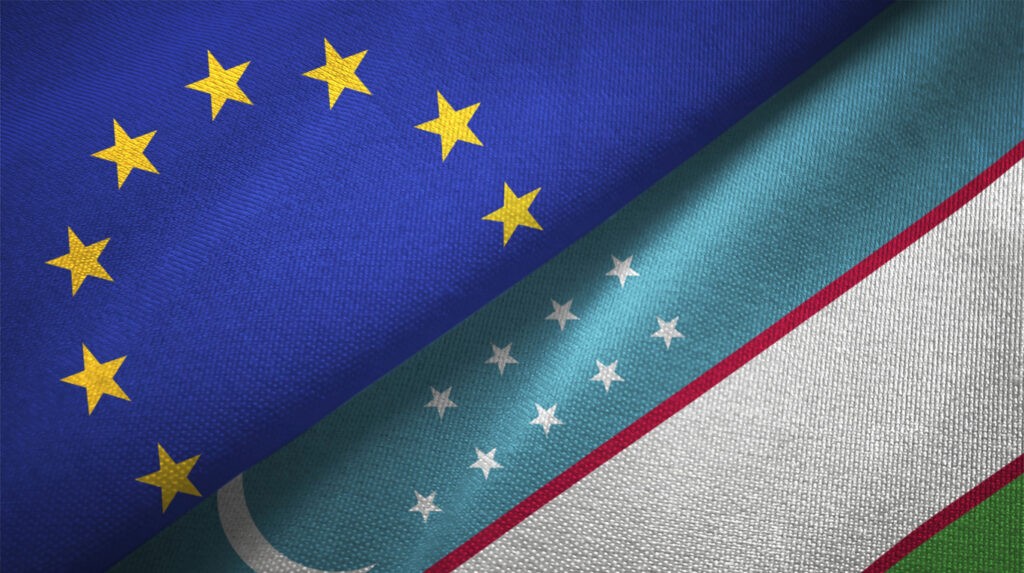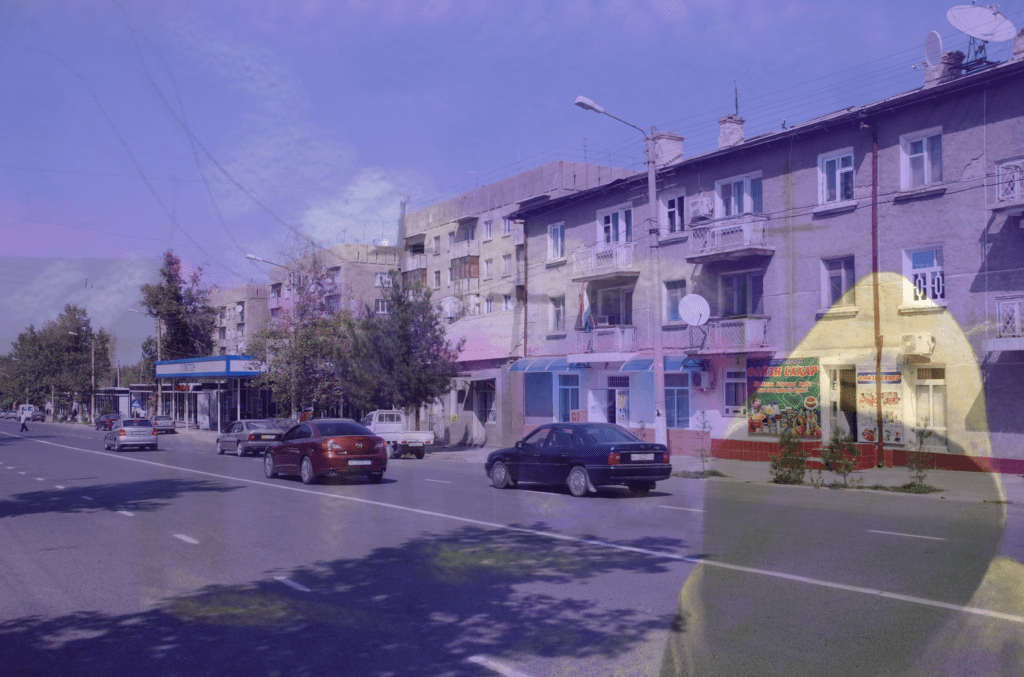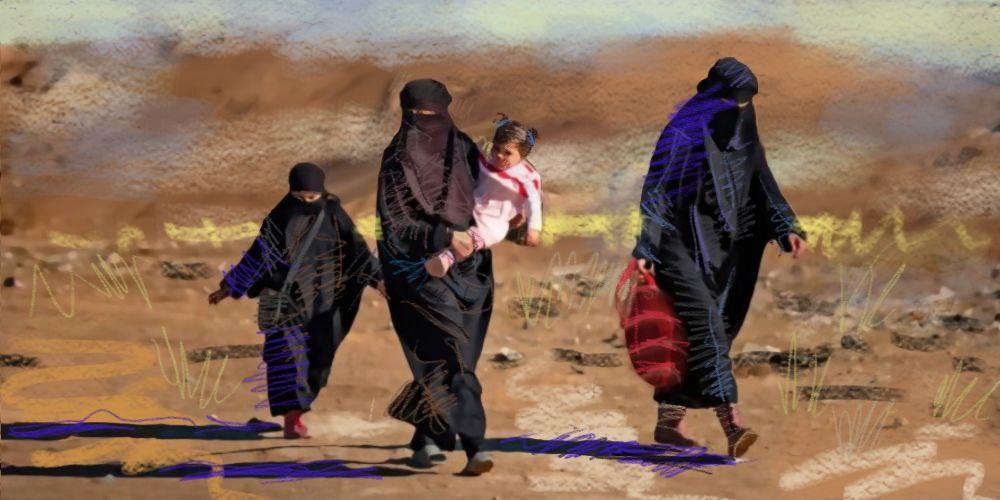DUSHANBE (TCA) — The Delegation of the European Union to Tajikistan said it is supporting a new project “Human Rights Protection for Prisoners and Ex-prisoners in Tajikistan” within the framework of the program “European Instrument for Democracy and Human Rights (EIDHR) Country Based Support Schemes (CBSS) for Tajikistan”. The project will be implemented by the Institute for International Cooperation of the German Adult Education Association (DVV International) together with two local partners – Bureau on Human Rights and Rule of Law and NGO Jahon. The project is funded by the European Commission (75%) and the German Federal Ministry for Economic Cooperation and Development (25%).
The two-year project will contribute to protection of human rights of one of the most disadvantaged groups of the population – prisoners and ex-prisoners, with specific focus on realisation of their social, economic and cultural rights in Tajikistan and will cover 450 prisoners at the penal institutions #3/8 in Nurek town and #3/6 in Yavan town, as well as over 800 ex-prisoners in 10 cities and district centers of Tajikistan, including Dushanbe, Khorog, Khujand, Kurgantube, Vahdat, B.Gafurov, Vose, Panjakent, Devachtich, and Jaihun. The project will also institutionalize the social reintegration consultation mechanisms between civil society and national or local public institutions through development and dissemination of a roadmap on social reintegration of ex-prisoners, capacity building and strengthening information sharing and referral mechanisms between penal institutions, civil society organizations, legal aid centres network, adult training and employment centres.
During the opening event on April 28, the Project goals and objectives were presented to the broad public, potential stakeholders, and specialists working with risk groups (ex-prisoners, prisoners). In general, these are organisations interested not only in shaping tolerant attitude of the society towards prisoners and ex-prisoners, but also in assisting them in restoring social relevant relationships, acquiring employment, and forming a sustainable motivation in reintegrating to the society.









